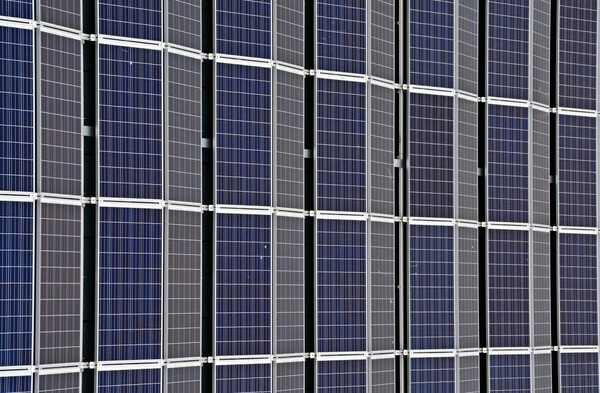Export-Import Bank of Thailand (EXIM Thailand) and GreenYellow Thailand and Asia have signed a pact regarding a credit facility agreement worth 1,109 million baht, benefiting GreenYellow Solar 3 (Thailand) Co., Ltd. (GY3). The signing ceremony took place at EXIM Thailand’s Head Office.
Dr. Rak Vorrakitpokatorn, President of the Export-Import Bank of Thailand (EXIM Thailand), and Mr. Frank Glück, Chief Executive Officer of GreenYellow Thailand and Asia have signed the pact at the ceremony.
EXIM Thailand’s President highlighted that this financial facility is geared towards amplifying the role of world-class energy businesses in solar cell system investments, installations, operations, and maintenance for Thai enterprises. Further he added, “The goal is to assist these businesses in curbing electricity costs and fostering environmental conservation through the adoption of clean energy solutions. This initiative aligns with the government’s Bio-Circular-Green (BCG) economic model, emphasizing sustainable development, and complements global efforts to combat greenhouse gas emissions and mitigate climate change.”
GreenYellow Solar3 (Thailand) Co., Ltd. has inked Solar Power Purchase Agreements (Solar PPA) with over 34 Thai enterprises. These agreements entail the installation of solar rooftops, solar carports, solar floating, and solar farms, with a combined installed capacity of 56 MW. Moreover, GreenYellow Thailand aims to expand its operations not only within Thailand but also across the ASEAN region.
Dr. Rak stated that EXIM Thailand’s commitment to fostering green development through its Greenovation strategy. This includes developing green financial innovations to facilitate Thai businesses’ integration into the green supply chain. Moreover, EXIM Thailand aims to achieve carbon neutrality by 2030 and net-zero emissions by 2050, significantly ahead of Thailand’s national targets. These goals entail enhancing organizational efficiency, reducing greenhouse gas emissions, and increasing the proportion of sustainability loans to 50% of the total loan portfolio by 2028.

